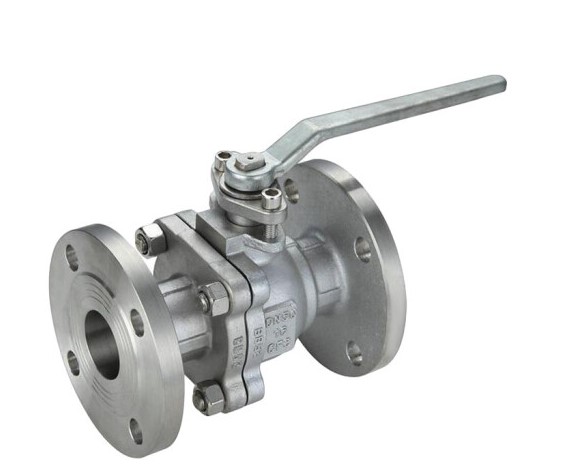What is API 6D ball valve?
API 6D is a widely recognized industry standard developed by the American Petroleum Institute (API) that specifies the requirements and design criteria for pipeline ball valves used in the oil, gas, and petrochemical industries. A ball valve is a type of quarter-turn valve that utilizes a hollow, perforated, and pivoting ball to control the flow of fluids through a pipeline. The API 6D standard ensures that these valves meet stringent quality, safety, and performance standards, making them suitable for critical applications in the energy sector.
Key Features and Requirements of API 6D Ball Valves:
Design and Construction: API 6D ball valves must adhere to specific design criteria, including the use of materials suitable for the intended service conditions. They are typically constructed from high-quality materials such as carbon steel, stainless steel, or special alloys to withstand harsh environments and corrosive media.
Bore Size and Pressure Class: The standard specifies various bore sizes and pressure classes for API 6D ball valves, allowing them to accommodate different flow rates and operating pressures.
Fire-Safe Design: API 6D ball valves are required to have a fire-safe design that ensures their integrity and functionality even in the event of a fire. This is crucial for applications in the oil and gas industry where fire hazards may be present.

Testing and Inspection: API 6D mandates rigorous testing and inspection procedures to verify the performance and reliability of ball valves. These tests include pressure testing, leakage testing, and functional testing to ensure that the valves meet the specified standards.
End Connections: The standard defines various end connection options for API 6D ball valves, such as flanged, threaded, or welded ends, to suit different piping configurations.
Operational Features: API 6D ball valves are typically designed for quick and easy operation, with quarter-turn actuation that allows for smooth and efficient flow control.
Temperature Range: The standard ensures that API 6D ball valves can operate effectively across a wide temperature range, accommodating both high-temperature and low-temperature applications.
Importance of API 6D Ball Valves:
API 6D ball valves are critical components in the oil and gas industry, where safety, reliability, and environmental protection are paramount. Compliance with this standard ensures that the valves can withstand the demanding conditions of oil and gas exploration, production, and transportation. Using API 6D ball valves provides the following benefits:
Enhanced Safety: API 6D ball valves are designed and tested to meet strict safety standards, reducing the risk of valve failure and potential hazards.
Regulatory Compliance: Many jurisdictions and projects in the oil and gas industry require the use of API-certified valves to comply with industry regulations and best practices
Improved Performance: The rigorous testing and inspection requirements of API 6D ensure that the valves perform optimally, minimizing downtime and maximizing efficiency.
Long Service Life: High-quality materials and construction techniques used in API 6D ball valves contribute to their durability and long service life, reducing maintenance costs.
In summary, CNM API 6D ball valves are essential components for ensuring safe and reliable flow control in the oil, gas, and petrochemical industries. Their compliance with the API 6D standard guarantees that they meet the industry's strictest requirements and are suitable for critical applications in challenging environments.

